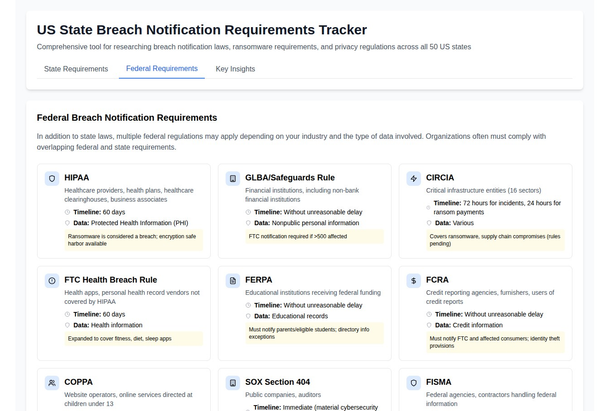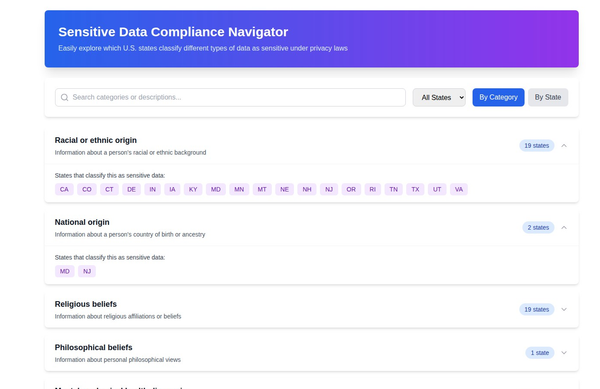The Role of Compliance in Mergers and Acquisitions

Summary: This article will discuss the importance of compliance during mergers and acquisitions, highlighting key considerations for both parties involved.
Mergers and acquisitions (M&A) are complex transactions that require careful planning and due diligence. One critical aspect that is often overlooked is the role of compliance. Compliance plays a significant role in M&A transactions, ensuring that the deal is profitable and adheres to all relevant laws and regulations.
Importance of Compliance in M&A
Compliance is crucial in M&A transactions for several reasons:
- Regulatory Approval: M&A transactions often require approval from regulatory bodies. Compliance ensures that all necessary documentation is prepared and that the transaction meets all regulatory requirements.
- Risk Management: Compliance plays a key role in identifying and managing risks associated with the transaction. This includes financial risks, operational risks, and legal risks.
- Cultural Integration: Compliance can help ensure a smooth integration of the two companies' cultures, particularly in terms of adherence to laws, regulations, and internal policies.
- Value Preservation: Compliance helps to preserve the value of the deal by ensuring that the acquired company does not have any hidden legal issues that could lead to financial losses or reputational damage.
Compliance Due Diligence
Due diligence is a critical part of any M&A transaction. Compliance due diligence involves a thorough review of the target company's compliance program, including its policies, procedures, and past compliance issues. This review helps the acquiring company understand the target company's compliance risks and liabilities.
Key areas of focus during compliance due diligence include:
- Regulatory Compliance: Review of the target company's adherence to relevant laws and regulations.
- Contractual Obligations: Examination of the target company's contracts to identify any potential compliance issues.
- Past Compliance Issues: Investigation of any past compliance issues, including regulatory investigations, fines, and lawsuits.
- Compliance Culture: Assessment of the target company's compliance culture, including its commitment to ethical behavior and adherence to internal policies.
Post-Merger Integration
Once the deal is completed, compliance continues to play a crucial role in the post-merger integration process. The acquiring company must integrate the target company's compliance program into its own, ensuring that all employees understand and adhere to the company's compliance policies and procedures.
Compliance also plays a key role in training employees, monitoring compliance, and responding to any compliance issues that arise after the merger.
Conclusion
Compliance plays a crucial role in M&A transactions, from due diligence to post-merger integration. By ensuring adherence to laws and regulations, managing risks, and fostering a culture of compliance, companies can ensure a successful merger or acquisition that delivers value and minimizes potential liabilities.





